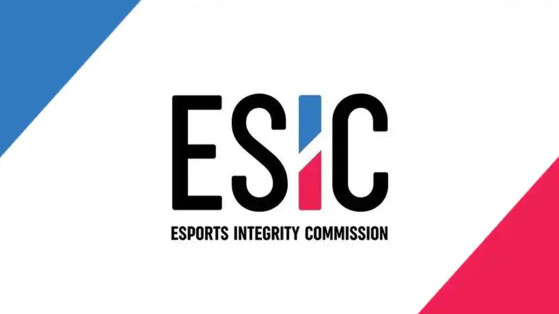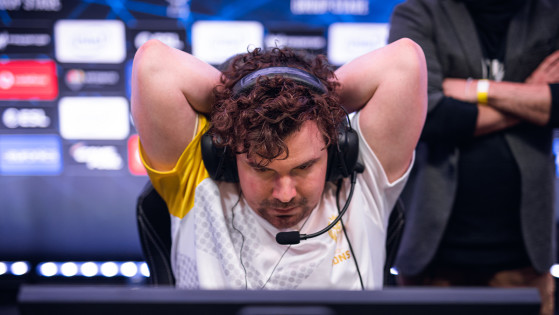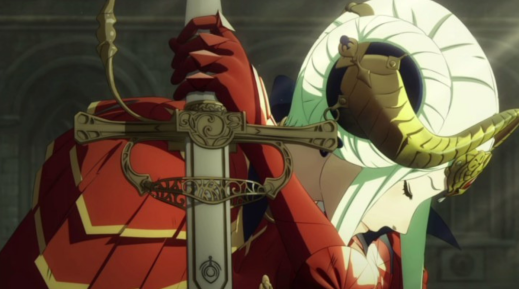On the 4th September, the Esports Integrity Commission [ESIC], a non-profit organisation that oversees competitive integrity in CS:GO, alongside other titles, launched an investigation into cheating within teams, and more specifically the possible exploitation of a bug by coaches.
The bug in question? Just the simple ability, through the in-game spectator tool, to be able to see any part of the map in real time, and to reveal the location of the enemy team and read the game. Setting up in a choke point and being able to communicate with their team, they were able to pass on precious information to help their team win rounds and matches.
This exploit, with those who abused it being seen as cheats, as it offered one team an advantage over another, dates back to 2016 and was finally resolved by Valve on 26th August of this year. In total, it may have impacted years and years of competitive matches, especially in online format (in which use of the bug can easily pass under the radar) adopted from the start of lockdown, as physical events have been cancelled or have transitioned to online matches.
Yet ESIC has since set out to investigate it, with two men pulling the strings: Michal Slowinski, a veteran Counter-Strike tournament official, and Steve Dudenhoeffer, a software development manager at ESEA. These two have already put 20% of the 99,650 demos at their disposal under the magnifying glass, owing to the bountiful databases hosted by HLTV.org and ESEA.
37 coaches have been affected, and senior figures on some of the biggest teams in the scene (MiBR, FaZe, NiP, FURIA, Heroic, North, and Heretics, just to name a few) have been caught red-handed. Already linked with rigging a match with Epsilon in 2014, B1GGY has been let go by Heretics following ESIC's announcement, with his name featuring on a list of banned coaches that was released on Tuesday.
While he received a 7-month ban, other official suspensions will last 3 years due to the extent and timing of their bug abuse. It should be noted that coaches that admitted their guilt or have helped the investigation have had their suspensions reduced. Coaches implicated in this process will be excluded from tournaments organised by ESL, DreamHack, BLAST, and WePlay, as well as events run by any other tournament organisers who aim to uphold the ruling.
Everyone affected by this investigation — pro players, backroom staff, teams, commentators, streamers, sponsors, and even Valve themselves — must now remedy the lack of confidence in some historical results, even if the majority of the wrongdoers have been identified and removed from their positions.
While the Counter-Strike professional scene is already split over how the game should be run, it must also deal with questions over the physical and mental health of its players, with the Coronavirus crisis on one side and player burnout on the other. To add further fuel to the fire, ESIC has announced they will release a final report at the end of October which aims to draw the investigation to a definitive close.




